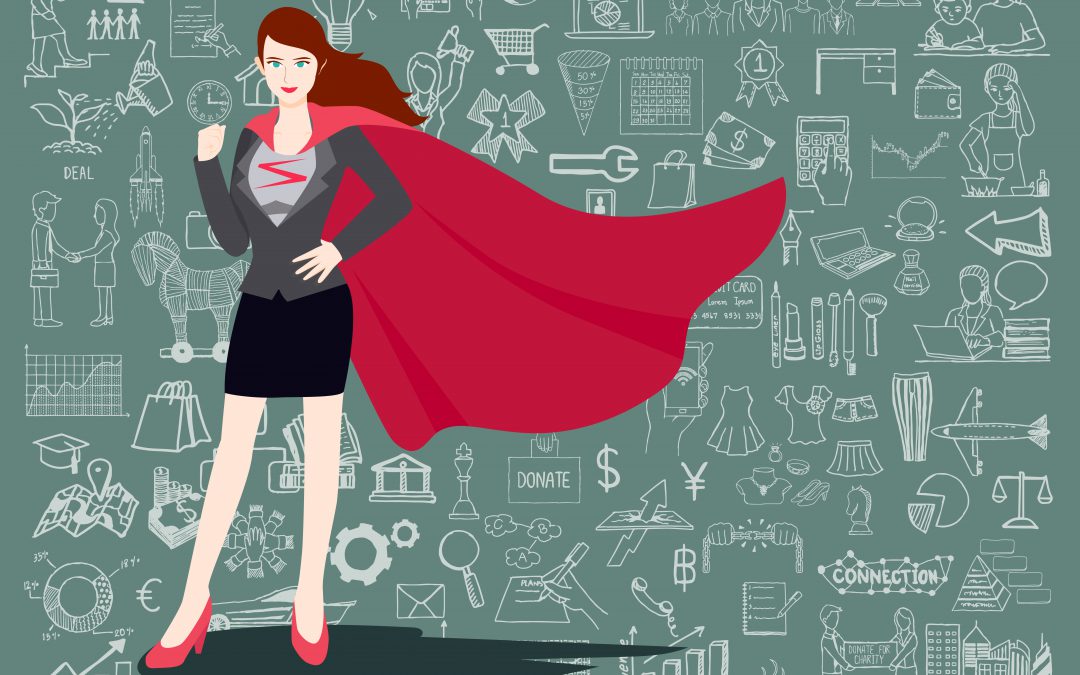
I Should Be Able to Handle This: Ending Chaos
Everyone hits a crisis point, a point at which they look around at their lives and wonder how they got to that point. Life is chaos, and chaos destabilizes.

Everyone hits a crisis point, a point at which they look around at their lives and wonder how they got to that point. Life is chaos, and chaos destabilizes.
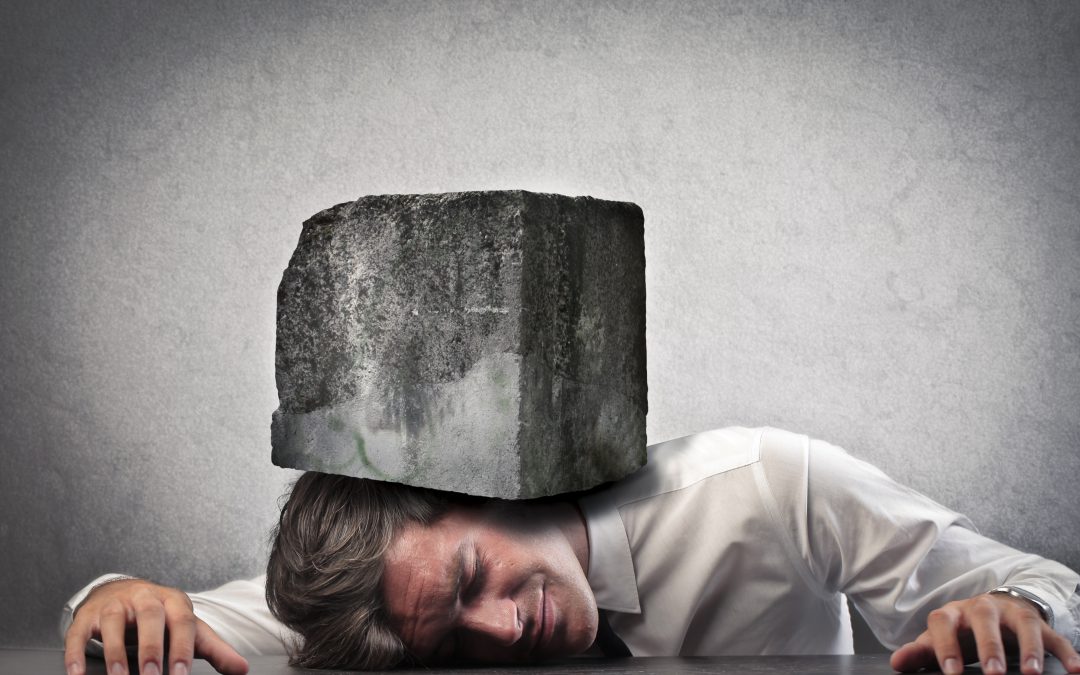
“Shoulds” are boundary-crossers. The real problem is when we adopt these external “shoulds” for ourselves. Casting them off can change our lives.
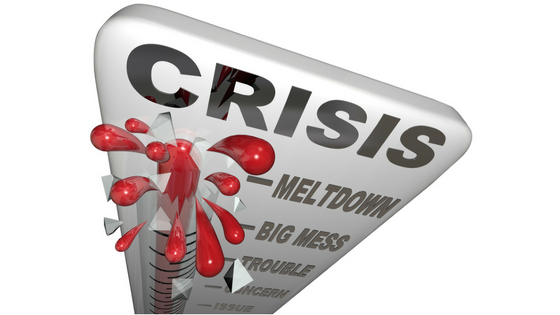
Emotional crises can happen anywhere and under even seemingly simple situations. Learning to manage a crisis scenario is critical.
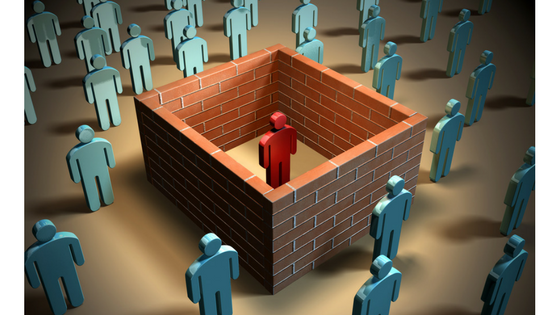
There are few topics that hit as hard within the mental health community as stigma. The natural question is: How do we end the stigma around mental illness?
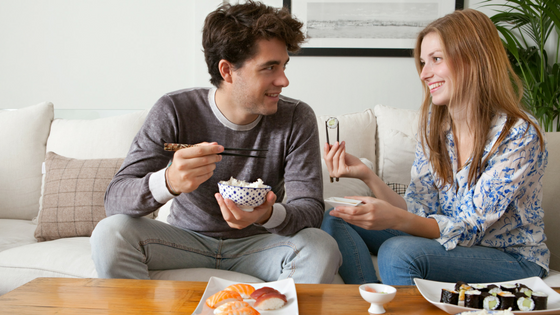
Our illnesses often contribute to issues around trust, intimacy, problem resolution, and how we communicate. Even so, we can have healthy relationships.
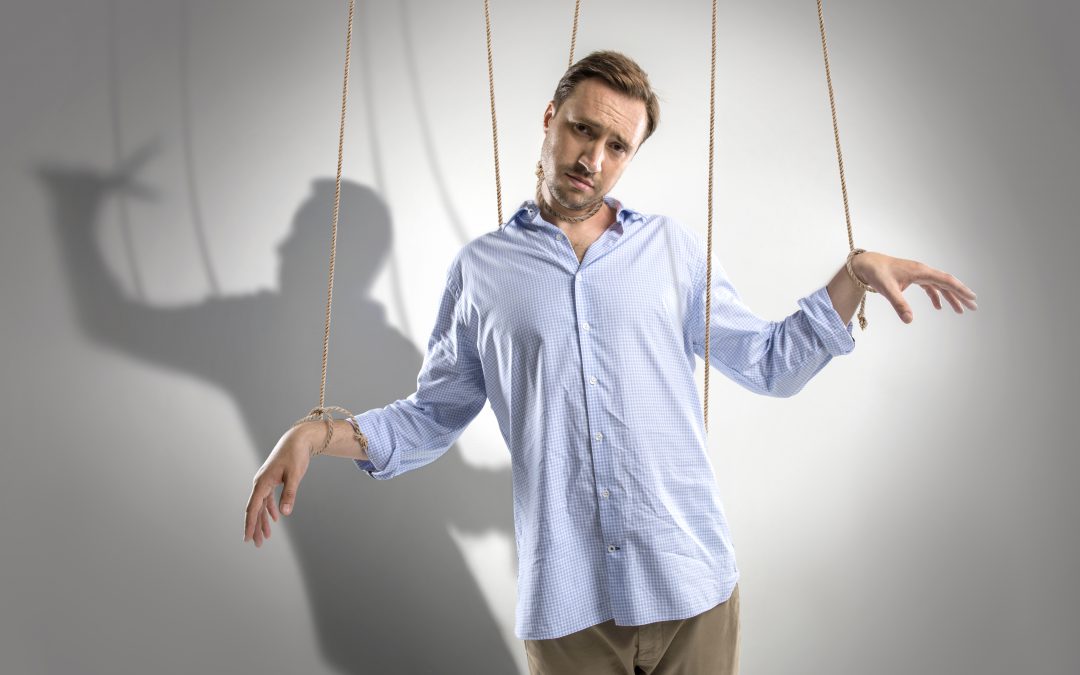
Controlling situations takes away a level of worry and anxiety I’ve often experienced. Then I learned something: Control issues aren’t about control.

Belonging and participating in community is so important to our mental health. When we are in community, we have a sense oCommunity gives us a sense of belonging and also teaches us how to give and receive love and care. Locating and joining one is important for our recovery.f belonging and importance. Our very presence and participation grants the same to others. In the giving, sharing, and receiving, we create something larger than ourselves.
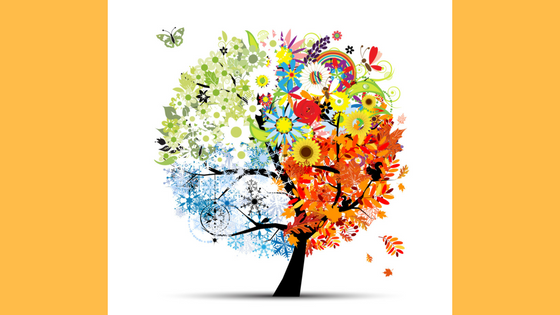
Many of our mood changes are cyclical. By tracking our moods, we can learn the identifying factors of a cycle change and take steps to manage them.
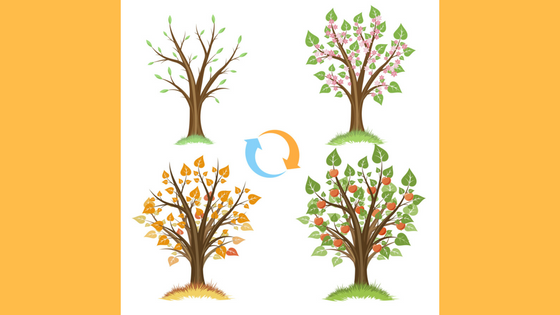
We can learn to manage our cycles and triggers and influence their impact upon our mental health. Doing so helps us get to a place of peace.
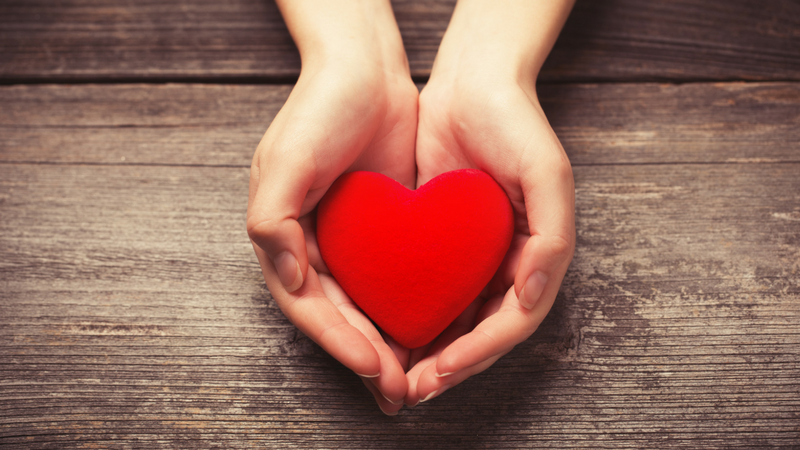
One piece of standard advice from mental health professionals to those on the road to recovery is to start giving. Sure, I’ve had a few moments when I’ve been glad I volunteered, but I’ve also felt resentful of the imposition on my time. Resentment and a giving heart do not go hand-in-hand. This time was different.

I’m not an alcoholic. I’ve never attended meetings, no DUIs, nothing matches what you might expect. Yet, my relationship with alcohol was a problem.
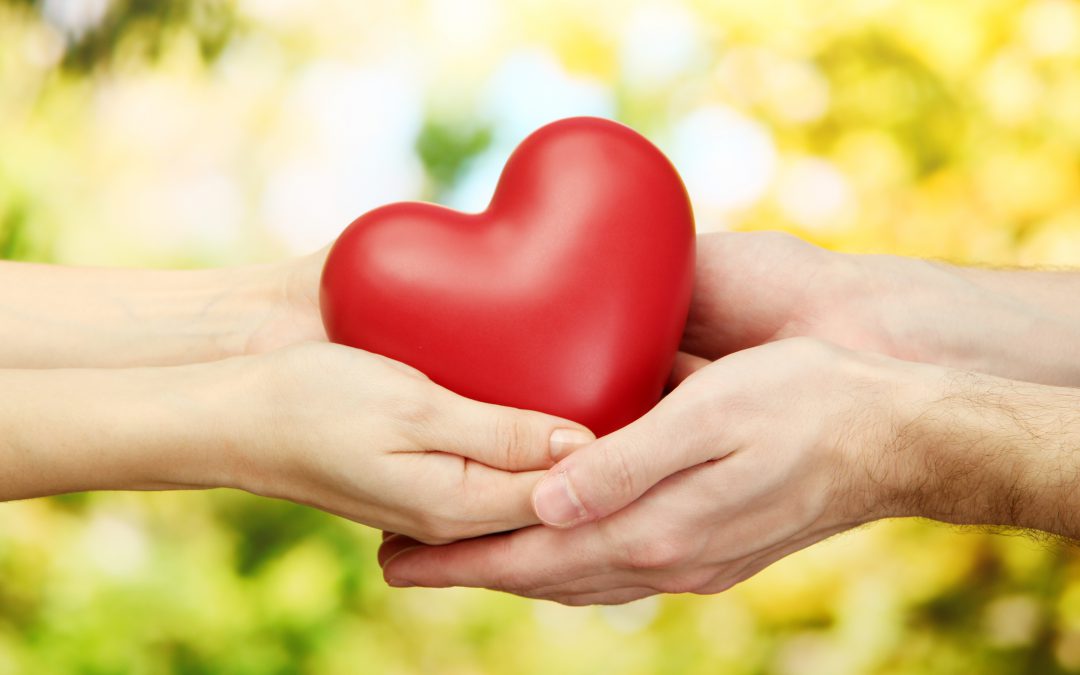
What we see as sufferers is not always what you see as our support network. You have an opportunity to help us significantly in our recovery journey.
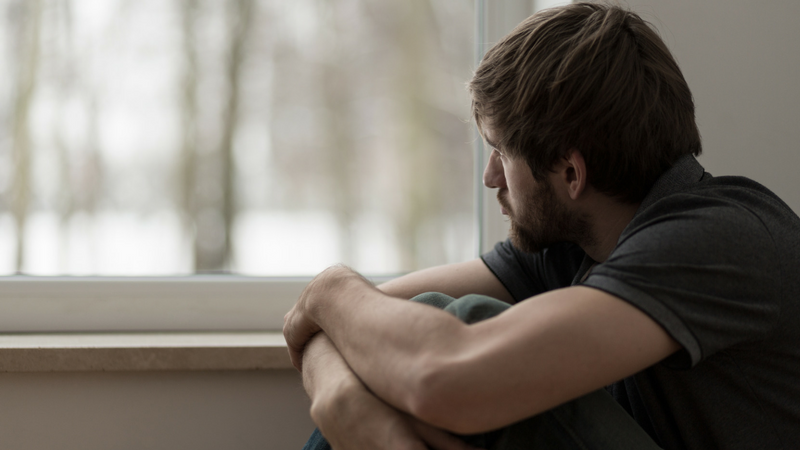
“It’s probably just me” properly translates to a much more powerful phrase: “I’m the only one, and I’m all alone.” It’s not true. You aren’t alone.
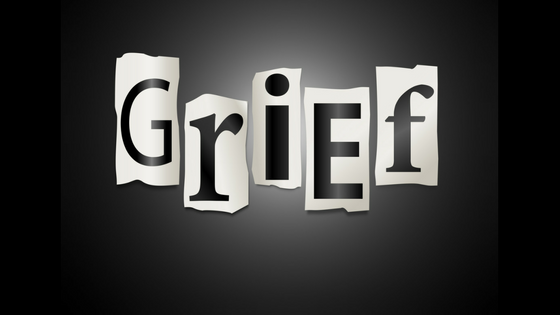
When we suffer a loss, we go through a grieving process. You may be surprised to learn the true stages of grief and how we experience them.

We often define grief as big, profound losses. What we miss in this simplistic definition are all the “little deaths” we experience in our lives.
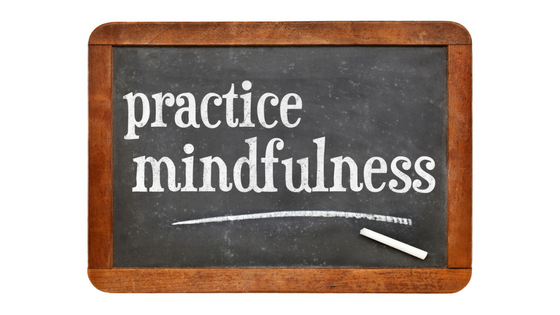
When we are numb to our emotions, we lose control of our environment and feel disconnected from those around us. Getting back in touch with our emotions helps us accelerate our return to mental health. Mindfulness is the key to uncovering and rediscovering our emotions.

Meditation. It’s one of those words that brings up instant reactions for most people. For many, it brings with it a sense of spacey-sounding music and chanting. For others, there is an association with religion — particularly Taoist and “Eastern” philosophies. In reality, meditation is simply the practice of being still.

We hear a lot about coping strategies, and it’s not always clear what the term means. Eating better? Exercise? How are “coping strategies” different from “daily self-care?” Do we use them differently? All good questions. Let’s dive in, shall we?

Positive coping strategies help us handle the bumps and bruises life sends us. For some of us, using positive strategies doesn’t come naturally. Maybe we’ve tried before, with mixed results. We may even be afraid to change the way we respond to situations, because it could have impacts that we are not prepared to handle.

It’s almost a given that those of us living with mental illness have and use negative coping skills. Often, we know exactly what they are, too. I’ve sat in more than one group reading off a list of negative skills and with quiet nods of agreement all around me. Where they enthusiastically check off items on a list of positive skills we can try, the negative list is often left blank.
The color of shame.
The reality is negative coping skills exist for a reason. Somewhere we’ve learned them, for some reason we’ve developed them, in some way they benefit us. Understanding what these skills are, how we likely developed them, and what they do for us is important work if we want to learn how to live a better way. A healthier way. A less destructive way.